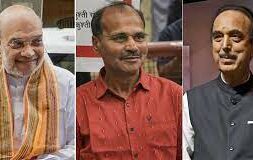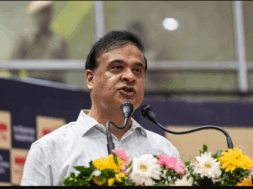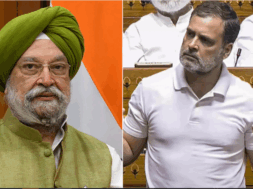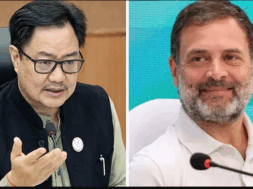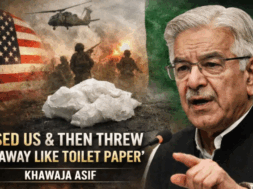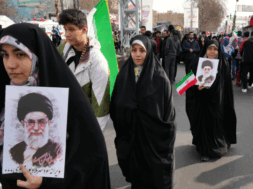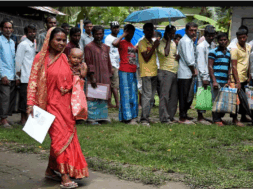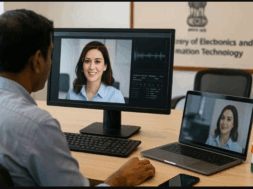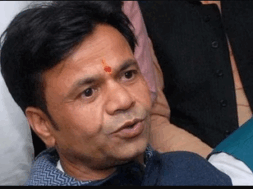
Manas Dasgupta
NEW DELHI, Sept 2: The Union Law Ministry on Saturday notified the eight members of the committee it had announced on Friday with the former President of India Ram Nath Kovind as its chairman to recommend measures for holding simultaneous elections to the Lok Sabha and the state Assemblies.
The committee members will include the Union Home Minister Amit Shah, the leader of the Congress in the Lok Sabha Adhir Ranjan Chowdhury, the former Leader of the Opposition in Rajya Sabha Ghulam Nabi Azad, former chairman of the 15 Finance Commission N.K. Singh, former Secretary General of Lok Sabha, Subash C. Kashyap, Senior Advocate Harish Salve and former C.V.C. Sanjay Kothari.
The Union Law Minister Arjun Meghwal will also attend meetings of the High Level Committee. The Committee will commence functioning immediately and make recommendations at the earliest. There is no fixed timeline by when it needs to submit its report. The committee will examine and recommend specific amendments to the Constitution, the Representation of the People Act and any other laws and rules which would require amendments for the purpose of holding simultaneous elections.
The committee would see whether India could hold parliamentary and state assembly elections simultaneously and would examine and recommend specific amendments to the Constitution, the Representation of the People Act and any other relevant rules. It would also check whether the amendments to the Constitution would need ratification by the states, according to the government’s gazette notification.
The Congress party sources said it would consult its allies of the newly formed Opposition bloc INDIA on this committee before deciding whether its leader Chowdhury should participate in the feasibility study. The committee would not only look into the feasibility of holding Lok Sabha and assembly elections simultaneously, but also elections to municipalities and panchayats, the gazette notification said.
The committee will analyse and recommend possible solutions linked to simultaneous elections if there is a hung house, no-confidence motion, defection, or any such other event. A single electoral roll and identity card for voters valid for the national, state, civic body and panchayat elections will be explored, the government said in the notification.
The committee will hear and entertain all persons, representations and communications which in its opinion can facilitate its work and enable it to finalise its recommendations.
The BJP and Prime Minister Narendra Modi have spoken on the need for ‘One Nation, One Election’ on several occasions, and it was also a part of the party’s manifesto for the 2014 Lok Sabha polls. Conducting polls simultaneously was the norm in India until 1967 and four elections were held this way. The practice stopped after some state assemblies were dissolved prematurely in 1968-69. The Lok Sabha was also, for the first time, dissolved a year ahead of schedule in 1970 and mid-term elections had been held in 1971.
